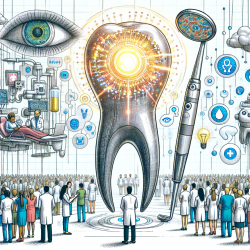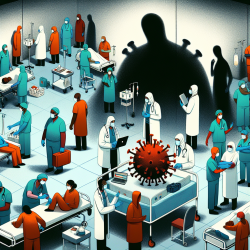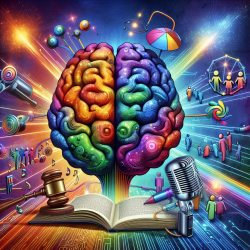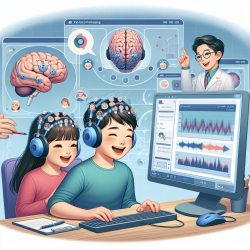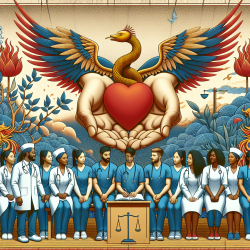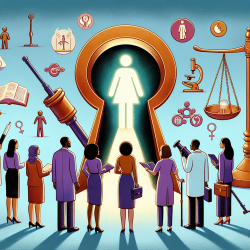Welcome to the Future: ChatGPT in Public Health Dentistry
In the realm of public health dentistry, the integration of Artificial Intelligence (AI) technologies like ChatGPT is opening new doors for practitioners and educators alike. According to a systematic review titled Implications of ChatGPT in Public Health Dentistry: A Systematic Review, ChatGPT is proving to be a versatile tool in various aspects of dental practice and education. This blog explores the potential applications of ChatGPT and encourages practitioners to harness its capabilities for improved outcomes.
Understanding ChatGPT's Role
ChatGPT, a large language model developed by OpenAI, is designed to generate human-like text based on input prompts. Its application in public health dentistry spans several areas, including:
- Academic Writing: ChatGPT assists researchers in drafting scientific papers, summarizing literature, and organizing information efficiently.
- Dental Education: AI-driven tools are enhancing the learning experience by providing interactive and personalized educational content.
- Clinical Practice: Digital dental assistants powered by AI can perform tasks such as scheduling, patient reminders, and preliminary clinical evaluations with greater accuracy.
Benefits and Challenges
The review highlights several benefits of using ChatGPT in public health dentistry:
- Improved efficiency in academic writing and research.
- Enhanced educational tools for dental students.
- Streamlined clinical processes and patient management.
However, it also points out challenges that need to be addressed:
- Potential biases in AI-generated content due to training data limitations.
- Ethical and legal concerns regarding AI's role in clinical decision-making.
- The necessity for human oversight to ensure the accuracy and reliability of AI outputs.
Embracing AI in Dental Practice
For practitioners looking to integrate ChatGPT into their practice, it is crucial to approach AI as a complementary tool rather than a replacement for human expertise. The review suggests that while AI can assist in various tasks, the ultimate responsibility for clinical decisions lies with the dentist. This balance ensures that patient care remains personalized and effective.
Encouraging Further Research
The systematic review encourages further research into the ethical implications and potential biases of AI in dentistry. As AI technology continues to evolve, ongoing studies will be essential in refining its applications and ensuring its safe and effective use in public health dentistry.
Conclusion
ChatGPT offers exciting possibilities for enhancing public health dentistry, but it is not without its challenges. By embracing AI with a critical and informed approach, practitioners can leverage its capabilities to improve educational outcomes, streamline clinical processes, and enhance patient care. As we continue to explore AI's potential, it is vital to maintain a balance between technological innovation and human expertise.
To read the original research paper, please follow this link: Implications of ChatGPT in Public Health Dentistry: A Systematic Review.
